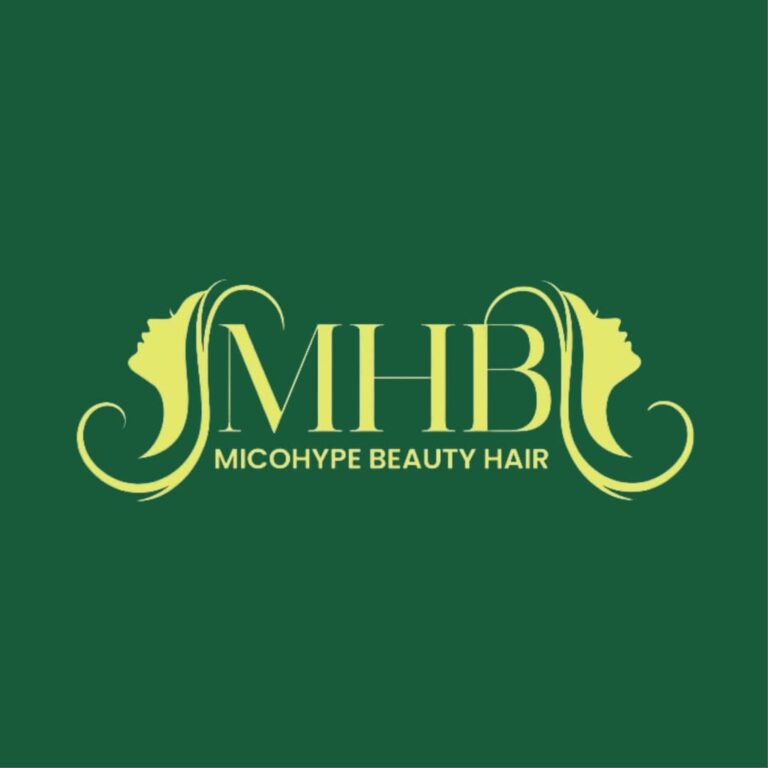Micohype Beauty Hair, a top-tier name in Nigeria’s hair fashion industry, is proving that business success and social transformation can go hand in hand. Consistently ranked among the country’s top five hair brands, the company has woven social responsibility into the very strands of its business model, setting a powerful precedent in ethical entrepreneurship.
At the heart of Micohype’s strategy is a commitment to local empowerment. The company sources its premium hair products through partnerships with local artisans and collectors in Nigeria, Ghana, and Ethiopia. This approach not only ensures authenticity and quality but also provides sustainable income opportunities for underrepresented communities. By promoting fair trade and ethical harvesting practices, Micohype is actively helping to lift families out of poverty while protecting traditional livelihoods.
But the company’s impact goes far beyond its supply chain.
Micohype has launched a series of training programs in hair care, entrepreneurship, and business management—particularly targeting women and marginalized groups. These initiatives have enabled many beneficiaries to launch their own ventures, contributing to economic self-reliance and community development.
In rural areas, where infrastructure often limits access to basic services, Micohype has stepped in with direct investments. The company has supported the construction of healthcare clinics and awarded educational scholarships to students, particularly girls, as part of its broader mission to promote equity and access. Local leaders have acknowledged the company’s contributions, citing notable improvements in community welfare and youth engagement.
Industry analysts and development advocates point to Micohype as a shining example of what inclusive capitalism can look like in practice. The company’s model reflects a growing movement among Nigerian enterprises to redefine success—not merely by profit margins, but by lasting community impact.
Although Micohype has not aggressively pursued public recognition, its efforts have not gone unnoticed. Development agencies and private sector stakeholders have commended the brand’s socially conscious blueprint, calling it a replicable model for corporate growth with conscience.
Micohype’s story signals a powerful shift in the Nigerian beauty industry, where fashion is no longer just about aesthetics—but about purpose, empowerment, and shared prosperity. In a country searching for scalable solutions to youth unemployment, gender inequality, and economic disparity, Micohype stands out as a brand that is not just selling hair—but also weaving hope.

